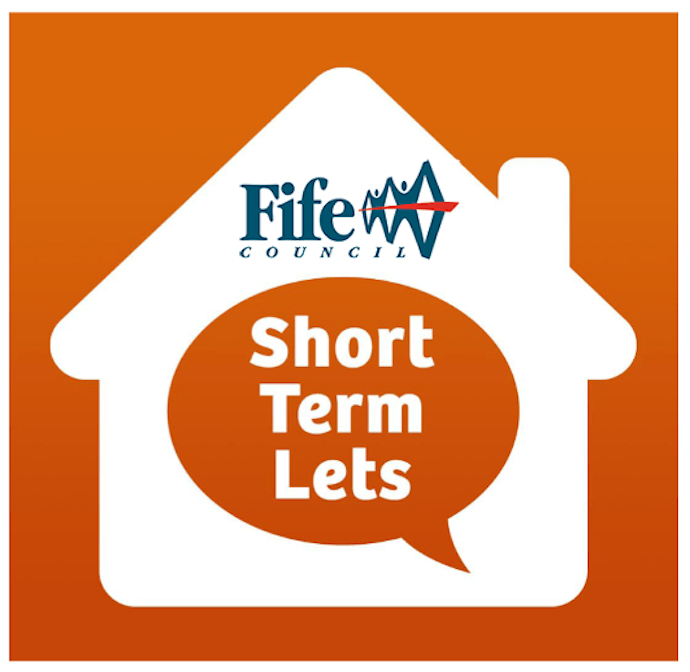These are the five most important holiday home regulations to consider:
Holiday homes are taxed differently

This will be the first regulation you encounter when buying the property. Land and Buildings Transaction Tax (LBTT – the Scottish equivalent of stamp duty) kicks in for any properties over £40,000 if this is your second home. Even if you are buying to let out as a holiday home for most of the year, it’s still classed as a second home. You’re also taxed on the full amount.
Beyond this initial hit, tax differences can vary across the board. The good news is that many local authorities offer a 10-50% reduction on council tax for holiday homes. Holiday home tax regulations can change on a regular basis, however, so it’s important to keep an eye out.
Building standards regulations for holiday homes
This is less of a problem if you’ve bought a newly renovated property that’s ready to go – but those are few and far between. Chances are you’ll need to work on to the building before you can list it.
Always get a survey done before you commit to buying – at least then you know what you’re in for. Consider a property that already has planning permission. This will cost you a little more, but save you a lot of pain further down the line.
Generally, standards for holiday homes are about the same as standards for regular property rentals. Holiday home building standards regulations are there to keep your guests safe. You’ll also get better reviews for a high quality product. Get our holiday home refurbishment ideas here.
If you’re buying in a historic neighbourhood, double check what you can do. Double glazing, unfortunately, isn’t always allowed.
Holiday home energy regulations

Speaking of double glazing – you need to make sure your holiday home is energy efficient. Holiday home regulations require all properties to have an Energy Performance Certificate (EPC). You’re fined up to £200 per day for not having one, so make sure it is taken care of quickly.
Use this holiday home regulation to your advantage! More efficient homes are both cheaper to run and ensure a more comfortable stay. Insulation, double glazing (when allowed) and energy efficient appliances all contribute to a cosy home. Make sure your property is up to standards – it’s a win-win!
Insurance for your holiday home
Insuring your property is a must for security purposes, but there are also a few holiday home regulations that require it. If you employ staff, you need to buy employers’ liability insurance. This protects you and your staff in the event of accidents.
If you don’t employ anyone there isn’t a legally required insurance, but best practice includes limited liability insurance. This protects you and your guests in the event of an accident that occurs during their stay.
On top of this, we would also recommend some form of property and contents insurance so you’re not caught off-guard.
The small stuff

When we say small stuff we don’t mean these aren’t important – but they’re often overlooked.
Fire regulations for holiday lets
When it comes to fire regulations for holiday lets everyone knows about the legal requirement for a fire alarm – but you also need to make sure furniture is fire retardant.
Holiday home regulations require mean all soft furnishings must comply with fire resistance standards. Your larger appliances (and extras, like hot tubs) should also be both energy and fire safe.
Tv licence
You also have to buy a TV licence if you have a TV in your property! There’s a special Hotel and Mobile Televisions Licence, as your guests are not covered by their own whilst visiting your property. Beyond this, holiday home regulations also require you to take accessibility, childrens’ safety and data protection into account when setting up a home and communicating with guests.
These are just some of the requirements. We recommend signing up to local organisations that regularly update advice. The ASSC have been invaluable during the ever changing regulations of 2020. They’re totally worth keeping up with if your holiday home is based in Scotland. Of course, the best way to make sure you don’t sweat the small stuff is to let a property management company take care of it for you.
Short Stay St Andrews are experienced in all aspects of holiday let management – including sourcing, refurbishment and guest turnovers. With over 1000 5-star reviews, we have years of experience behind us. We’re also based right in the heart of St Andrews, so we know the local holiday home market like the back of our hand. Get in touch to find out more about how we can help you.
Our AirBnB Made Simple management will make letting your property hassle free.
Find out how to choose the best holiday let management in Scotland.














